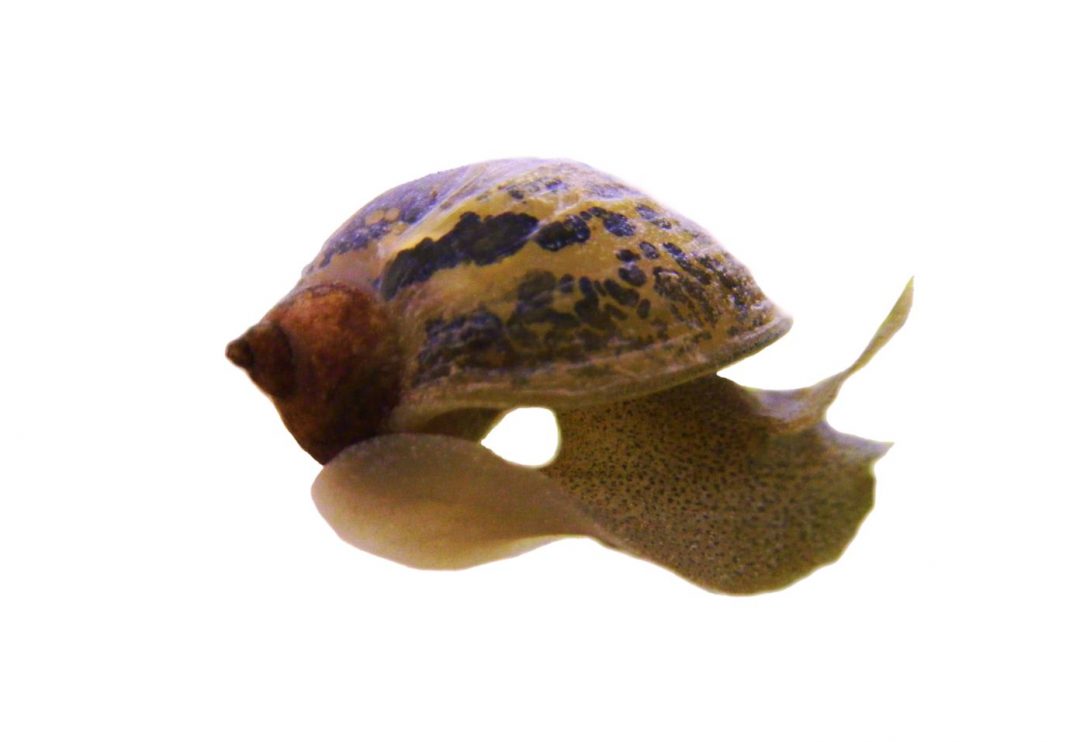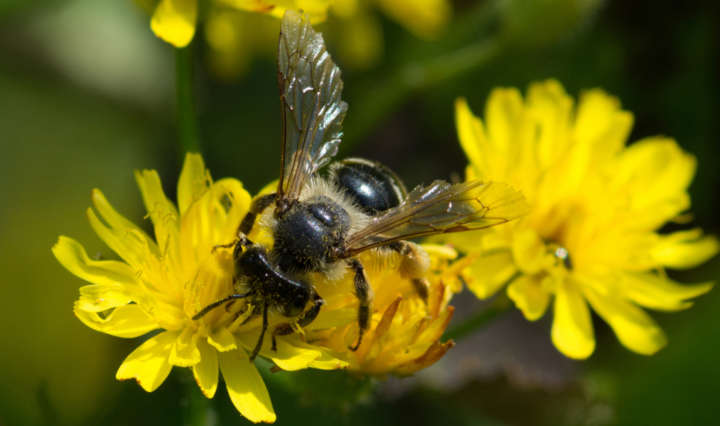SBIK-F Research Group
Molecular Ecology
Whether a population is able to adapt to changing climates and establish at new sites, strongly depends on the amount of genetic variation in climate-relevant fitness traits. An understanding of the extent of this variation is therefore essential if we are to accurately predict species response to current global climate changes.
We investigate phenotypic and genomic variation in and between ecological key species in order to reveal functional similarities and differences of climate tolerance across taxa and ecosystems. As study organisms we use the non-biting midge Chironomus riparius and the pondsnail Radix balthica as well as biting midges, ants and landsnails.
To do this we sample populations of the study organisms in the wild along a climate gradient and subject them to defined climatic conditions in the course of common-garden experiments. We track different life history parameters, for example those relating to reproduction such as time to reproduction and number offspring across generations, to assess local adaption. In addition we conduct long-term experiments to study how species adapt to different (climatic) conditions. We correlate phenotypic data with genomic variation in order to identify the genomic basis of climate adaption. As part of this research we have so far sequenced genomes of around ten species.




